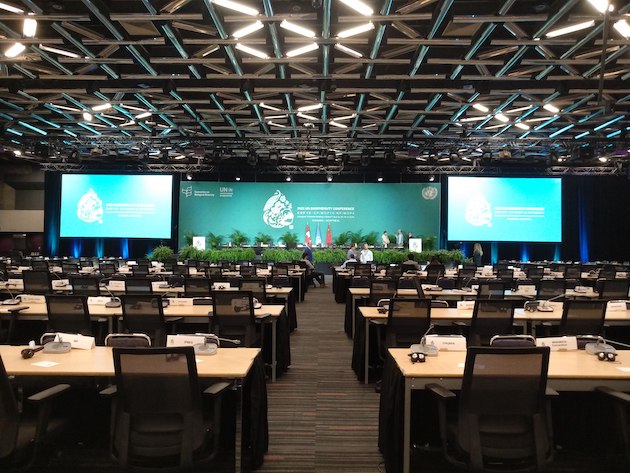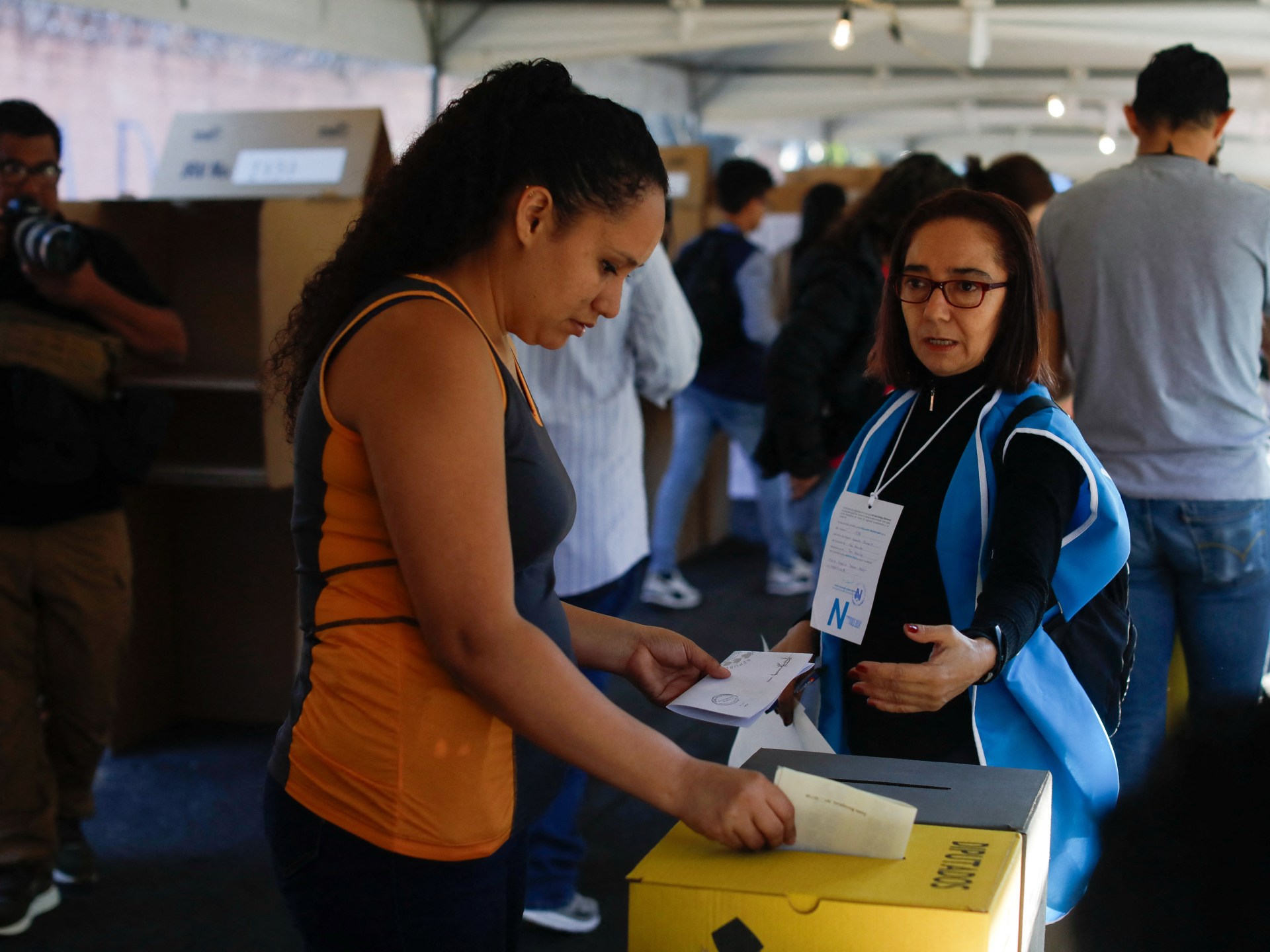Self-defence classes empower women amid UK’s far-right violence | Islamophobia
At a London sports ground, Maya Hassan looks on with pride as about 30 women, nearly all Muslims and from ethnic minorities, join a self-defence class that she organised in response to a wave of riots that saw violent, racist attacks on Muslims and ethnic minorities.
The 28-year-old martial arts expert said she wanted to help women of colour to learn how to deal with abuse and build connections and confidence after more than a week of unrest aimed at mosques, asylum seeker hotels and the police.
“It gives you a little bit more confidence,” she said. “You kind of know what to look for, how to be socially aware, how to spot things and how to get out of a really bad situation.”
Muslim and ethnic minority communities have expressed shock over the disorder, which was sparked by false information online that the suspected killer of three young girls in a knife attack in Southport, northwest England, was a Muslim migrant.
Martial arts instructor Stewart McGill said he had seen more women signing up for classes since the unrest started. He told them how to defend themselves with tactics including kicks and impromptu weapons such as belts.
One attendee, Elza Annan, 24, said she felt more confident.
“I obviously do not want to have to use these techniques, but it is useful and beneficial to have them … especially because of recent events of far-right racists coming out and targeting people of colour,” she said.
Islamophobia on the rise
The riots have largely targeted migrants, Muslims, and Asian people, spreading fear through ethnic minority communities and casting a light on the United Kingdom’s record of integration.
Tell MAMA UK, a group that monitors anti-Muslim incidents, said hate directed at Muslims had been growing in the UK for some time, and especially since October 7 last year, the start of Israel’s war on Gaza.
Since the riots began, it had received more than 500 calls and online reports of anti-Muslim behaviour across the UK.
Sunder Katwala, director of the think-tank British Future, which focuses on migration and identity, said at its best, the UK is a “confident multiethnic democracy”.
But he said successive governments had lacked a strategy for integrating different communities.
While those arriving recently from Ukraine and Hong Kong were given government support, that did not happen to all.
The asylum system faced particular pressures, with a huge backlog of applications and some Britons concerned about pressure on housing, healthcare and education.
“With asylum you’ve got a visible lack of control, and that can feed into fear,” Katwala said.
The riots have largely stopped since thousands of anti-racism protesters turned out to protect potential targets such as immigration advice centres, mosques, and hotels housing asylum seekers.
Hassan, who wears a hijab and is a Swiss national of Somali origin, moved to the UK in 2008, partly because she felt it was more welcoming to ethnic minorities than many parts of Europe. She is considering organising more classes.
A similar event was planned for Manchester, in northern England, and a campaign group, the Three Hijabis, held a large online conference call with Muslim women this week to discuss the psychological impact of Islamophobic violence.

Shaista Aziz, the group’s director, said some women feared that the violence could unleash confrontations or abuse, prompting many to stay close to home.
“Today I advised a sister I dearly love to consider removing her hijab to stay safe as she travels through the northeast …” she said on X during the riots.
“Across the country British Muslims are having these same conversations.”
Prime Minister Keir Starmer, who has ordered extra protection for the Muslim community, described rioters as “far-right thugs”. Nearly 800 people have been arrested, with some fast-tracked through the courts and jailed.
The anti-racism protests are likely to continue.
For Maki Omori, 23, who identifies as non-binary, Saturday’s class would help prepare for counterprotests.
“I found it really intimidating, thinking about how I would defend myself,” Omori said. “I want to make sure that if something happens, I feel ready.”
Check out our Latest News and Follow us at Facebook
Original Source







